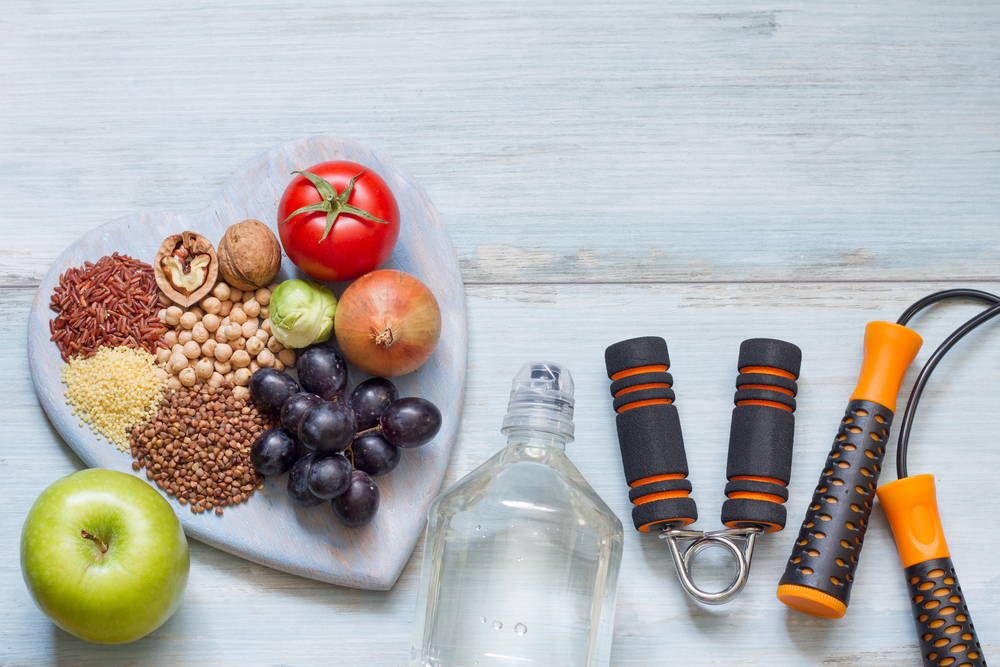5 Habits that Harm Your Gut Health
With it being a New Year and resolutions and habit changing likely to be on your mind, we thought it would be an excellent time to list some practices that could be harming your gut health. After all, a small change can make a big difference.
Lack of food variety
It’s very easy to get stuck in a rut when it comes to food eating similar things every week. However, ensuring your diet consists of a range of whole foods can create more diverse gut flora. Gut flora that is more diverse and richer is considered to be healthier. In addition, making an effort to eat a wider variety of fruits and vegetables can help to alter gut flora within a matter of days.
Not enough sleep
Our bodies have a time-keeping clock that lets our body know it’s time to sleep and impacts our brain, body, hormones and gut. Any disruption to this clock can influence your gut. For example, a study has shown that just two nights of sleep deprivation (about 4 hours a night) can cause changes to the gut flora. The research also showed that bacteria associated with weight gain and type 2 diabetes had increased during the deprived sleep. Although this is new research, it looks increasingly likely that poor sleep will negatively influence your gut.
Too much alcohol
Large quantities of alcohol can lead to dysbiosis, an imbalance of gut bacteria. While occasional and small amounts of alcohol shouldn’t cause many issues, frequent alcohol consumption is likely to cause problems. However, one study found that a small amount of red wine had the potential to increase beneficial bacteria. Although it is thought this is due to the wine’s polyphenol content, this shouldn’t be an excuse to drink lots of wine, and more studies are needed.
Dehydration
Staying hydrated allows food waste to move through your body more efficiently, helps the intestines work properly and can help to relieve constipation. By not drinking enough water, your stool can be challenging to pass. Lack of water will likely make it passing stool uncomfortable and cause you to feel clogged up. Aiming for 8 cups of fluid a day should help reduce any issues. Water is your best option, but other fluids work too. Try to sip throughout the day to avoid any periods of dehydration.
Little physical activity
Exercise is great for many things, including weight loss, muscle maintenance and building, blood circulation, heart health and gut health. However, people who do not exercise regularly are more likely to suffer from constipation and IBS. Initially, it was thought that the body movement from exercise helped move waste through our digestive tract. Although this could still be the case, studies have found that the better your fitness level, the greater abundance of good bacteria. Just another reason to get moving.
